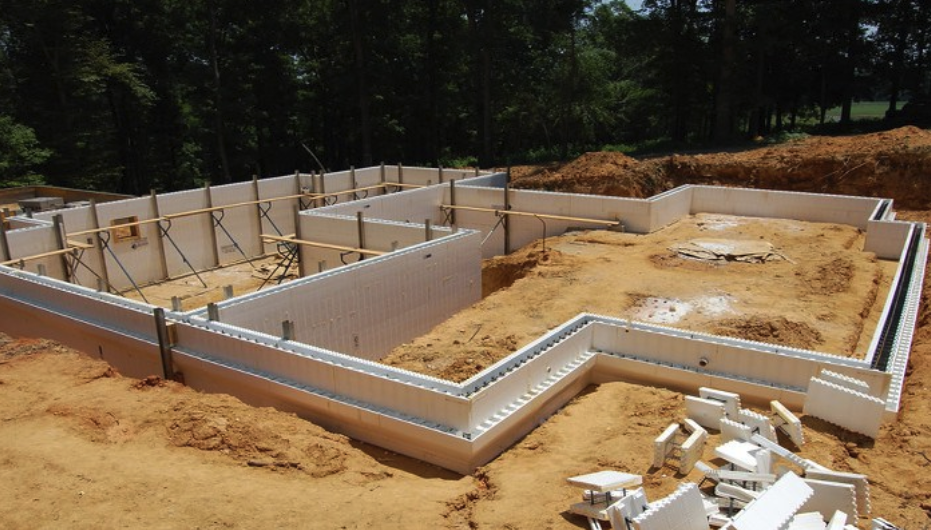
13 Must-Haves When Building a New Home
Building a new home offers you the opportunity to include the latest energy-efficient, durable, and sustainable products and methods, saving you money on monthly and long-term expenses.

Innovations in Exterior Wall Construction: What You Need to Know
For generations, the construction of exterior walls has followed traditional practices that have primarily involved wood or steel framing. These methods have been the backbone of residential and light commercial construction, by providing shelter, stability, and a certain level of insulation.

What R-Value Do You Need for Basement Walls?
The proper R‑value of basement walls will produce energy-efficient, durable, healthy, and comfortable homes. Learn what R‑value your basement walls should have.

5 Disadvantages to DIY Concrete Foundation Forms
Before you begin your concrete foundation forms DIY project, consider these five disadvantages of DIY concrete form construction.

Cinder Block (CMU) vs. Traditional Poured Concrete Wall Foundations
We cover the differences between CMU blocks and poured concrete foundations so that you don’t have to learn from trial and error.

Passive Solar ICF Home Plans

14 Ways to Save Money on Building Your Home

The New Basement: A Modern Housing Innovation
Basements are no longer a scary, damp, and musty area. Learn about the new basement and how it has become the modern housing innovation it is today.

The Benefits of Fox Blocks ICF Over Batt Insulation

8 Impressive Modern Homes Built with ICF
Any sustainability consultant will tell you that a building’s insulation is a crucial part in constructing an energy-efficient, high performance home. Choosing the right material and insulation method for a build ensures homeowners will have a sustainable building envelope for the life cycle of the home.